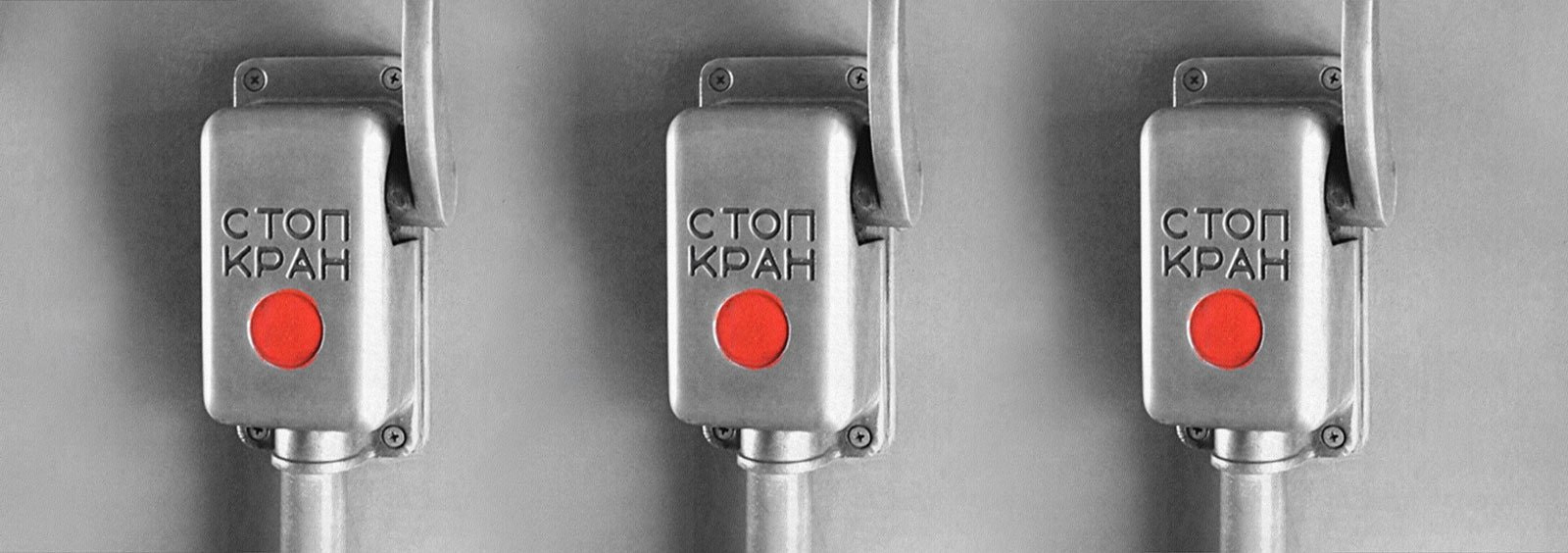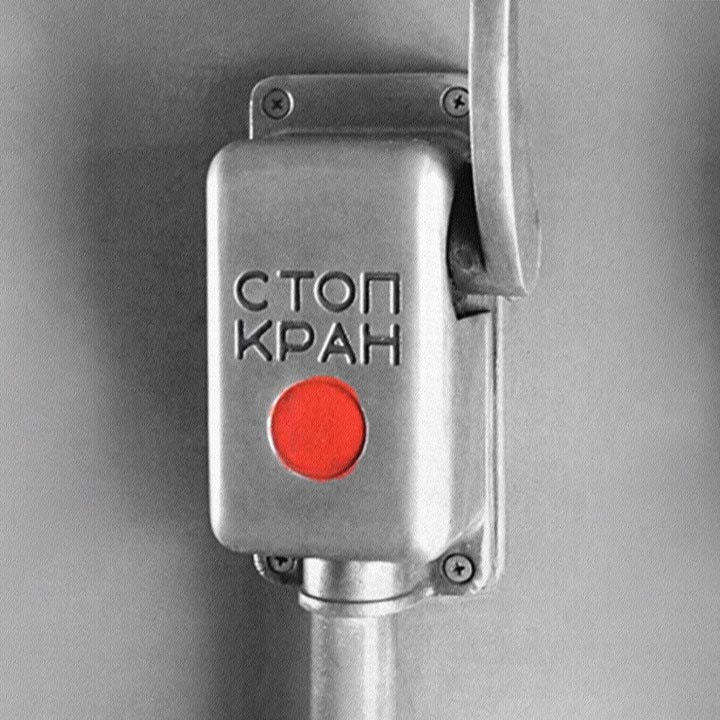The 6th Garage International Conference is dedicated to a critical reassessment of the notion of contemporaneity as contested within the fields of art, political theory, philosophy of history, and social sciences. Special attention is given to examining the new conception of historicity, that is, rearranging the relationships between the past and the future.
What does contemporaneity mean, and what role does the past play in it? For a very long time, these questions evoked nothing but embarrassment. Contemporaneity was considered a synonym of the present. “Being contemporary” meant merely “keeping pace with the modern times”. In order to stop doubting the progressive and irreversible movement of time, people invented a special science—history—which had to discover and excavate the past, i.e. something that no longer exists in the present condition.
However, contemporaneity has a second meaning, which has only recently become obvious—that of “con-temporality”. Referencing the experience of mutually shared time, it forces us to consider what time we think belongs to us. What and who are we trying to be con-temporary with? Can the past, as an unfinished story, “the simultaneity of the non-synchronicity”, to use the words of Ernst Bloch, contest the domination of the present? And can we distinguish a hope for a just future today?
The opening day’s reports will concentrate on the phenomenon of anachronism in contemporary culture and politics, as well as the legacies of selected outstanding twentieth century thinkers, including Walter Benjamin, Antonio Gramsci, and Karl Polanyi, whose ideas have become an essential part of any debates around the theme of historical time.
The artistic intervention for the second conference's day will be a cosmic dinner where guests will be served a menu designed by the artist Taus Makhacheva.
The second day of the conference is dedicated to diverse aspects of the category “politics of time”, which defines our current understanding of history.
The conference is preceded by the reading group Historical Time, Contemporary Time. Its seminars are held on Wednesdays and Fridays from 28 September to 17 October 2018.
Conference Speakers: Berber Bevernage, Victoria Fareld, Asad Haider, Helge Jordheim, Sami Khatib, Chris Lorenz, Artemy Magun, Attila Melegh, Vittorio Morfino, Walid Sadek, Irina Sandomirskaya, Zoltán Boldizsár Simon, Brigitte Sölch, Jalal Toufic
Interventions: Taus Makhacheva, Haim Sokol
Conference Curators: Ilya Budraitskis, Andrey Oleynikov, Snejana Krasteva
Special set up designed by Yael Bartana and Jackie Shemesh
Idea for cover image: Haim Sokol

